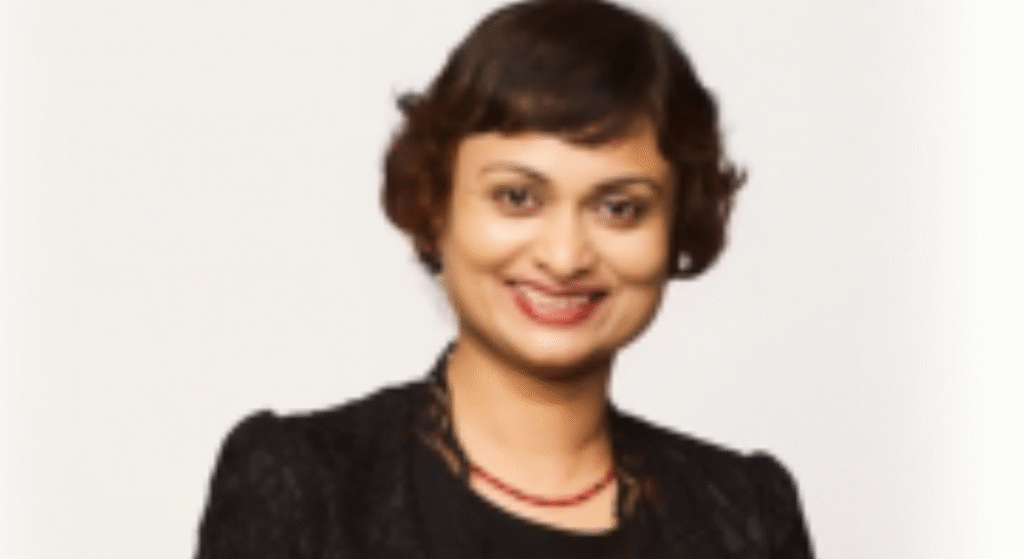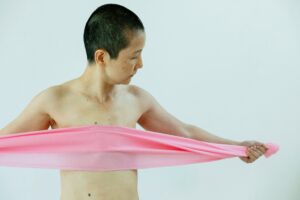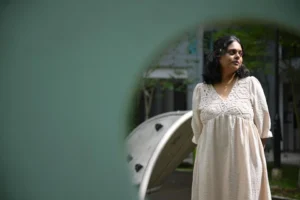Breast health is important at every stage of life, but the concerns women face can differ depending on their age. From benign lumps in young women to screening needs in midlife and changes related to menopause, a breast doctor can provide guidance, reassurance, and treatment tailored to each stage.
Key Pointers
- In your 20s, most lumps are benign, but it’s still important to get them checked.
- In your 40s, regular mammograms and screenings become essential.
- In your 50s and beyond, hormonal changes after menopause may bring new breast health concerns.
- A breast doctor supports women through all stages, offering reassurance, diagnosis, and treatment when needed.
- Self-awareness matters, but professional guidance ensures nothing is overlooked.
Why Might Women in Their 20s See a Breast Doctor?
In your 20s, breast cancer is uncommon, but benign lumps are more frequent. Conditions like fibroadenomas (smooth, movable lumps) or cysts are typical at this age. Hormonal changes during the menstrual cycle can also make breasts feel lumpier or more tender.
While these changes are usually harmless, they can be worrying if you’re not sure what’s normal. A breast doctor can:
- Examine and confirm if a lump is benign
- Provide imaging such as ultrasound if needed
- Offer reassurance and advice on breast self-exams
Why Are the 40s a Key Decade for Breast Screening?
For women in their 40s, breast cancer risk begins to rise. This is the age when routine mammogram screening is usually recommended, especially if there are risk factors like family history.
A breast doctor helps by:
- Ordering and interpreting mammograms and ultrasounds
- Advising on screening frequency based on personal risk
- Checking any persistent lumps or changes in the breast
This stage is about early detection, when treatment is often more effective.
What About Breast Health Beyond Menopause?
In the 50s and 60s, hormonal changes due to menopause can cause breast tissue to become less dense but also more prone to changes like calcifications or skin thickening. Some women may also experience tenderness or nipple changes.
A breast doctor can help by:
- Monitoring new or unusual changes
- Distinguishing harmless post-menopausal changes from issues that need attention
- Offering guidance on managing breast health alongside other midlife changes
How Does a Breast Doctor Support Women Across All Ages?
No matter your age, a breast doctor provides:
- Clarity when something feels unusual
- Diagnosis through imaging or biopsy if required
- Personalised guidance based on family history, lifestyle, and age
- Reassurance that you’re not facing concerns alone
Breast health isn’t about waiting for symptoms; it’s about ongoing awareness and timely checks.
FAQs About Breast Health by Age
1. Should women in their 20s get mammograms?
Routine mammograms are not usually recommended at this age unless there are strong risk factors. Ultrasounds are more commonly used for younger women with breast concerns.
2. How often should women in their 40s get screened?
Most guidelines suggest annual or biennial mammograms from age 40 onwards. Your doctor may recommend earlier or more frequent screening if you have a higher risk.
3. Do breast changes after menopause always signal a problem?
Not always. Hormonal shifts can cause changes in texture or size. Still, any new lump or persistent change should be checked by a doctor.
4. Is breast pain always linked to cancer?
No. Breast pain is more often related to hormones, cysts, or infections. But persistent pain with other changes should be evaluated.
Book a Consultation at The Radhika Breast & General Surgery Clinic
Whatever your age, it’s natural to have questions about breast health. Breast specialist, Dr Radhika Lakshmanan and the team at The Radhika Breast & General Surgery Clinic are here to support you, whether you’re in your 20s noticing a lump, in your 40s due for a screening, or beyond menopause and navigating new changes.
Book a consultation today and be proactive in giving yourself peace of mind and long-term breast health.










